UPDATE: 14 July 2021 – Simon Gillings spotted two cranes briefly at the Smithy Fen flooded field. Others have noted sandpipers and Ringed Plover raising chicks.
When it comes to local places to spot new and interesting birds, the first place you might try in this neck of the woods (as it were) are the various nature reserves we have within a few clicks. There are the RSPB reserves – Ouse Fen, Berry Fen, Fen Drayton, Fowlmere, Ouse Washes most of which I’ve mentioned on this site at least once in the last few years. Then there are the National Trust places like Anglesey Abbey and Wimpole Hall as well the likes of Wicken, Tubney, and Burwell Fen. Further afield there’s the Wetland Trust site at Welney and other fairly nearby RSPB reserves such as Lakenheath.
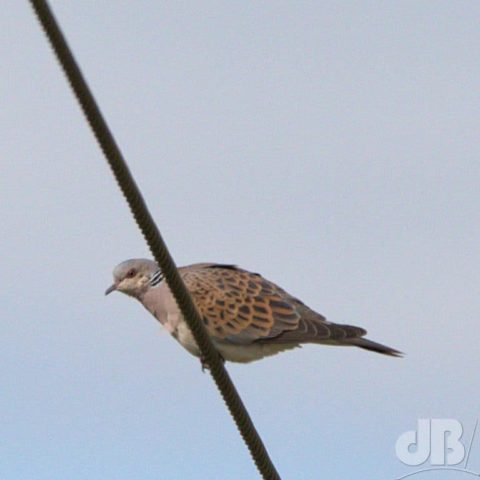
But, we also have a couple of very interesting birding sites in our village of Cottenham – Long Drove and Smithy Fen.
Long Drove stretches from the entrance at Beach Road all the way past the various farms, the back of the landfill site, several ponds, and on to the gravel works and then the Cambridge Gun Club. The drove itself is a public highway and most of those various spots are only observable from the road itself, nevertheless, there is often something to see in the fields, in the skies, and babbling about on the ponds.
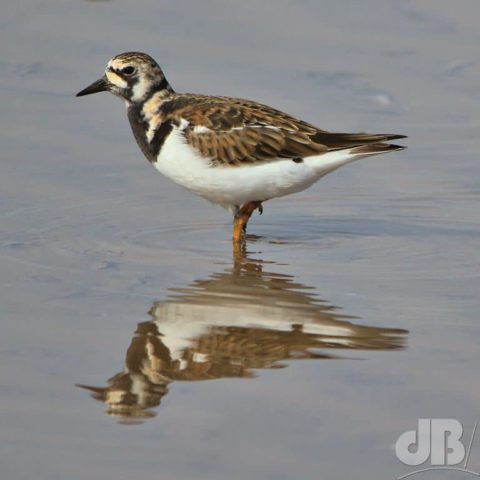
Watch out for Common Buzzards and other raptors, including Kestrel and even Peregrine, small birds such as Linnets and Goldfinch, and plenty of gulls. For the gull aficionado (never seagull, by the way) there are often great flocks of mixed birds: Black-headed Gulls, Lesser Black-backed Gulls, Great Black-backed Gulls, Herring Gulls, Common Gulls (which are quite rare). Most winters and into the spring there are often some slightly less common gulls, such as Iceland, Caspian, and Yellow-legged gulls, which might even draw birders from wider afield. A couple of winters back there was a Hooded Crow (common in Scotland, but a rarity this far south).
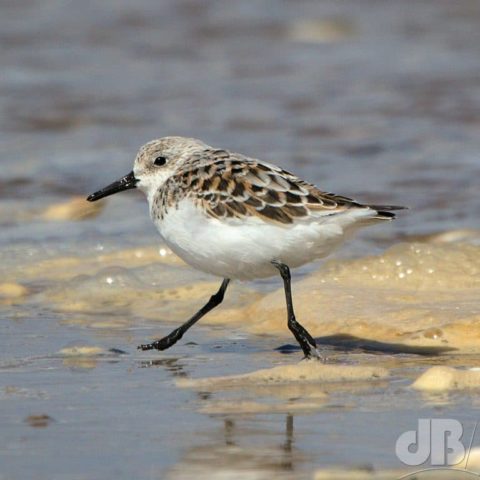
Turning to Smithy Fen, however, the recent flooding of the paddocks at the bridge and the farmland adjacent to the Lode but beyond the travellers’ site has turned up a veritable mega list for local birdwatchers. None of the sightings are strictly ‘megas’, which is usually a term reserved for an incredibly rare bird. Nevertheless, several locals who send me sightings for my newsletter report have put together a list of birds one might not usually expect to see, but for those flooded paddocks and fields.
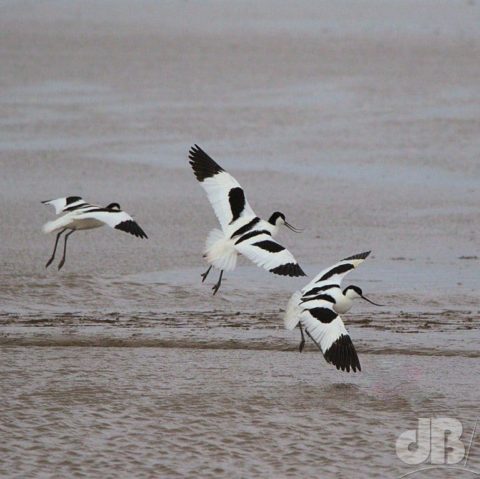
Among them: Yellow Wagtail, Grey Wagtail, White Wagtail (European version of the British Pied Wagtail), Water Pipit, Meadow Pipit, Sedge Warbler, Stonechat, Wheatear, Wigeon, Shelduck, Garganey, Green Sandpiper, Golden Plover, Snipe, Jack Snipe, Dunlin, Redshank, Greenshank, Wood Sandpiper, Whimbrel, Bar-tailed Godwit, Black-tailed Godwit, Ringed Plover, Little Ringed Plover, Sanderling, Avocet, Ruff, and Common Tern. In the Fen Reeves Wood a Nightingale was reportedly heard recently, but it apparently stayed only a day or two. And, another for the gull aficionados, Kumlein’s Gull, which brought in quite a few birders from off the patch to see this rarity.
UPDATE: 2021-05-15 – Two Temminck’s Stints on the flooded field seen by local birder Brendan today. RSPB website describes this as a formerly breeding species with just 100 or so seen each year on migratory passage.
UPDATE: 2021-05-17 – Glossy Ibis has now been seen on that flooded field.
UPDATE: 20121-05-20 – Little Stint joins the one remaining Temminck’s
Yet to be noted are Common Sandpiper, Curlew, Turnstone, Spotted Redshank, Little Stint, Curlew Sandpiper…and then the rarities.
A Nuthatch (possibly the first in modern birding memory) turned up for a few days in the trees around All Saints Church and the gardens thereabouts. A couple of Turtle Doves are back as are Whitethroats, and Lesser Whitethroats along Church Lane.
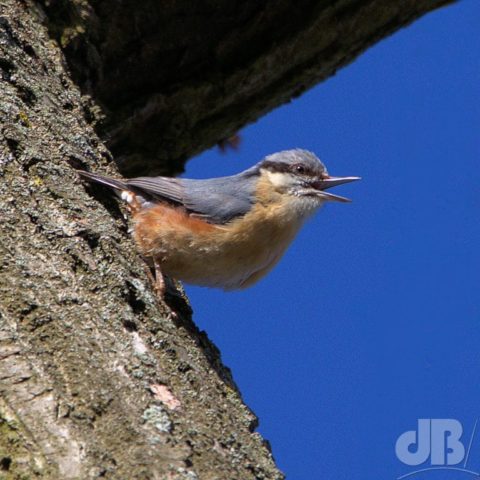
Speaking of Turtle Doves…
A community conservation officer for the Wildlife Trust for Cambridgeshire recently set-up a small project, following guidance from the RSPB Operation Turtle Dove project to provide supplementary feeding for Turtle Doves in South Cambridgeshire.
He contacted me in December 2020 having got wind of the half a dozen or so turtle doves we’d had in Cottenham in the summer.
Anyway, he was hoping to speak to local landowners on the patches where TDs had been seen, so I spoke to a couple of those I know. And, one of them was happy to discuss further. He met up a few weeks ago and seed has been scattered at the margin of the field and extra bags left with local residents to dispense. The idea as I understand it is actually to encourage pigeons to feed in places where TDs have been sighted and so give the TDs the confidence to feed there too and hopefully then to feel safe and so breed.
One TD was heard and seen in our village two weeks ago, a second one has joined it and both were seen feeding on the margin. I saw them on the wires today but they flew off towards the church after I’d done the initial photoshoot before I got closeups. This shot was taken from about 200 metres away.
Incidentally, if you’re a local and would like to be in on the local sightings as they happen I have a Google Group – Wild Fen Edge – which might be of interest, drop me a line on the sciencebase email address (db@) and we can discuss getting you in the Group.